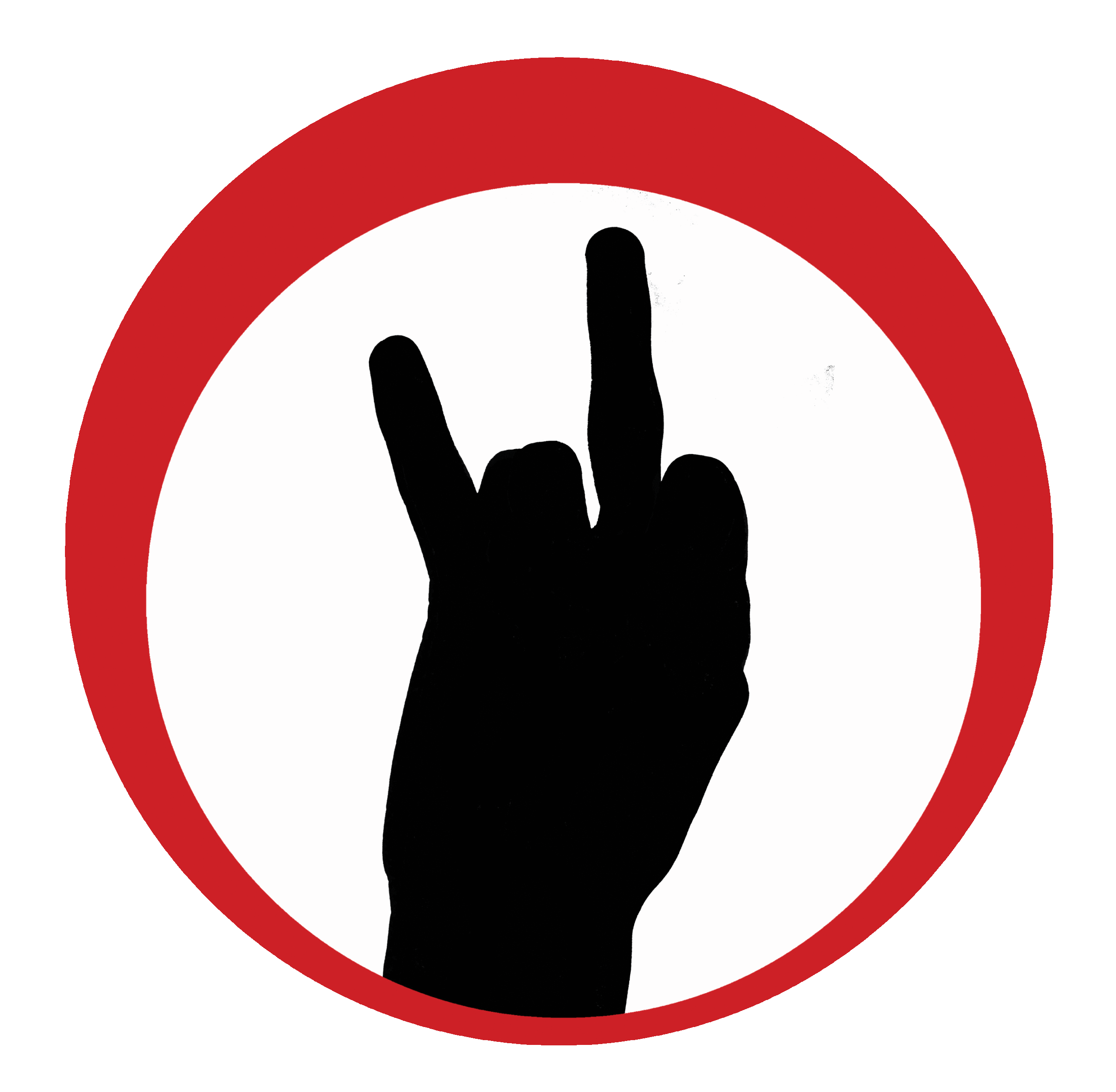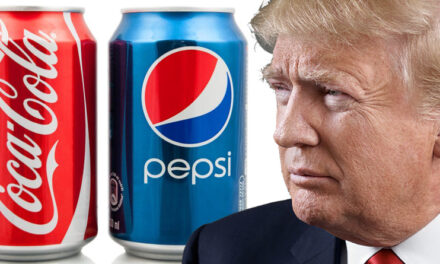
*Meme theft encouraged
Jabs & Jesus
The following is specifically directed at those who meet the following two criteria:
1. Those who believe in the post-Council of Nicaea/canonized “Biblical” teachings, text and narratives
2. Those who also believe the corporate/commercial “Academia” narrative around the THEORY (always have to reiterate) of pathogenic viruses, and by default… the THEORY of vaccination
It’s an interesting quandary, isn’t it?
On one hand… there is the declaration of belief in a creator who’s infinite wisdom defies explanation beyond our human abilities.
On the other hand…
There is nothing short of a religious-level belief required in a corporate, for-profit infrastructure that claims “truths” surrounding narratives that were birthed in THEIR (corporate/government) academia, filtered thru THEIR (corporate/government) media and monetized thru THEIR (corporate/government) wholesale/retail infrastructure.
All of which has, is, and will continue to be challenged, debated and meticulously documented by non-corporate/government individuals and entities pushing truth and accuracy for the pure goal of being honest and authentic.
The audacity of such motives.
So, to the corporate/government believers…
Who’s your God?
Is it the God of the post-Council of Nicaea/canonized Bible?
Or is it Moderna Inc.? An American pharmaceutical and biotechnology company based in Cambridge, Massachusetts.
Perhaps it’s Pfizer Inc.? An American multinational pharmaceutical corporation headquartered on 42nd Street in Manhattan, New York City.
Or maybe it’s AstraZeneca? A British-Swedish multinational pharmaceutical and biotechnology company with its headquarters at the Cambridge Biomedical Campus in Cambridge, England.
Let’s save the best for last…
Maybe your “faith” lays in Johnson & Johnson. An American multinational corporation founded in 1886 that develops medical devices, pharmaceuticals, and consumer packaged goods.
* What follows is available to ANYONE. Even via mainstream, corporate web properties such as Wikipedia, from where this was directly copied and pasted. That’s how insidious this is.
Read for yourself: https://en.wikipedia.org/wiki/Johnson_%26_Johnson
From the Johnson & Johnson Wikipedia page:
1982 Chicago Tylenol murders: On September 29, 1982, a “Tylenol scare” began when the first of seven individuals died in Chicago metropolitan area, after ingesting Extra Strength Tylenol that had been deliberately laced with cyanide.Within a week, the company pulled 31 million bottles of capsules back from retailers, making it one of the first major recalls in American history.The incident led to reforms in the packaging of over-the-counter substances and to federal anti-tampering laws.
2010 children’s product recall: On April 30, 2010, McNeil Consumer Healthcare, a subsidiary of Johnson and Johnson, voluntarily recalled 43 over-the-counter children’s medicines, including Tylenol, Tylenol Plus, Motrin, Zyrtec and Benadryl. The recall was conducted after a routine inspection at a manufacturing facility in Fort Washington, Pennsylvania, United States revealed that some “products may not fully meet the required manufacturing specifications”.[163][164] Affected products may contain a “higher concentration of active ingredients” or exhibit other manufacturing defects.
2010 hip-replacement recall: On August 24, 2010, DePuy, a subsidiary of American giant Johnson & Johnson, recalled its ASR (articular surface replacement) hip prostheses from the market. DePuy said the recall was due to unpublished National Joint Registry data showing a 12% revision rate for resurfacing at five years and an ASR XL revision rate of 13%. All hip prostheses fail in some patients, but it is expected that the rate will be about 1% a year.Pathologically, the failing prosthesis had several effects. Metal debris from wear of the implant led to a reaction that destroyed the soft tissues surrounding the joint, leaving some patients with long term disability. Ions of cobalt and chromium – the metals from which the implant was made – were also released into the blood and cerebral spinal fluid in some patients. In March 2013, a jury in Los Angeles ordered Johnson & Johnson to pay more than $8.3 million in damages to a Montana man in the first of more than 10,000 lawsuits pending against the company in connection with the now-recalled DePuy hip.
2010 Tylenol recall: In 2010 and 2011, Johnson & Johnson voluntarily recalled some over-the-counter products, including Tylenol, due to an odor caused by tribromoanisole. In this case, 2,4,6-tribromophenol was used to treat wooden pallets on which product packaging materials were transported and stored.
Shareholders lawsuit: In 2010 a group of shareholders sued the board for allegedly failing to take action to prevent serious failings and illegalities since the 1990s, including manufacturing problems, bribing officials, covering up adverse effects and misleading marketing for unapproved uses. The judge initially dismissed the case in September 2011, but allowed the plaintiffs opportunity to refile at a later time.[170] In 2012 Johnson and Johnson proposed a settlement with the shareholders, whereby the company would institute new oversight, quality and compliance procedures binding for five years.
Illegal marketing of Risperdal: Juries in several US states have found J&J guilty of concealing the adverse effects of Janssen Pharmaceuticals’ antipsychotic medication Risperdal, produced by its unit, in order to promote it to doctors and patients as better than cheaper generics, and of falsely marketing it for treating patients with dementia. States that have awarded damages include Texas ($158 million), South Carolina ($327 million), Louisiana ($258 million), and most notably Arkansas ($1.2 billion). In 2010, the United States Department of Justice joined a whistleblowers suit accusing the company of illegally marketing Risperdal through Omnicare, the largest company supplying pharmaceuticals to nursing homes. The allegations include that J&J were warned by the FDA to not promote Risperdal as effective and safe for elderly patients, but they did so, and that they paid Omnicare to promote the drug to care home physicians. The settlement was finalized on November 4, 2013, with J&J agreeing to pay a penalty of around $2.2 billion, “including criminal fines and forfeiture totaling $485 million and civil settlements with the federal government and states totaling $1.72 billion”. Johnson & Johnson has also been subject to congressional investigations related to payments given to psychiatrists to promote its products and ghost write articles, notably Joseph Biederman and his pediatric bipolar disorder research unit.
Foreign bribery: In 2011, J&J settled litigation brought by the US Securities and Exchange Commission under the Foreign Corrupt Practices Act and paid around $70M in disgorgement and fines. J&J’s employees had given kickbacks and bribes to doctors in Greece, Poland, and Romania to obtain business selling drugs and medical devices and had bribed officials in Iraq to win contracts under the Oil for Food program. J&J fully cooperated with the investigation once the problems came to light.
Consumer fraud settlements: In May 2017, J&J reached an agreement to pay $33 million to several states to settle consumer fraud allegations in some of the company’s over-the-counter drugs.
Vaginal mesh implants: Tens of thousands of women worldwide have taken legal action against Johnson & Johnson after suffering serious complications following a vaginal mesh implant procedure. In 2016 the U.S. states of California and Washington filed a lawsuit against the company, accusing it of deception. More than 700 women began a class action against the company in the Federal Court of Australia in 2017, telling the court they “suffered irreparable, debilitating pain after the devices began to erode into surrounding tissue and organs, causing infections and complications”. The class action alleged that Johnson & Johnson, which “aggressively marketed” the implants “failed to properly warn patients and surgeons of the risk, or test the devices adequately”. Emails between executives show the company was aware of the risks in 2005 but still went ahead and made the product available. In October 2019, the company and its subsidiary, Ethicon, Inc. reached a settlement with 41 states and the District of Columbia, with no admission of liability, in a suit alleging deceptive marketing of transvaginal surgical-mesh devices. The suit also alleges that the company failed to disclose risks associated with the product, which J&J pulled from the market in 2012. The amount settled in the suit was about $117 million.
Baby (talc) Powder: J&J has been the subject of over 26,000 lawsuits over claims that its baby powder causes ovarian cancer. The lawsuits focus on claims that the talc-based powder is contaminated with asbestos, a known carcinogen commonly found in places where talc is mined. In December 2018, with 11,700 people suing J&J over cancers allegedly caused by baby powder, the company was forced to release internal documents. The documents showed that the company had known about asbestos contamination since at least as early as 1971 and had spent decades finding ways to conceal the evidence from the public.[209] On December 19, 2018, the company lost its request to reverse a jury verdict that ruled in favor of the accusers, which required the company to pay $4.14 billion in punitive damages and $550 million in compensatory damages.
Opioid epidemic: By 2018, the company had become embroiled in the opioid epidemic in the United States and had become a target of lawsuits. Over 500 opioid-related cases have been filed as of May 2018 against J&J and its competitors. In Idaho, J&J is part of a lawsuit accusing the company for being partially to blame for opioid-related overdose deaths. The first major trial began in Oklahoma in May 2019. On August 26, 2019, the Oklahoma judge ordered J&J to pay $572 million for their part in the opioid crisis, and in October J&J paid $20.4 million to two Ohio counties fighting the opioid epidemic.
Northeastern Ohio Settlement: In October 2019, the company agreed to a settlement of $20.4 million with two Ohio counties – Cuyahoga (Cleveland) and Summit (Akron). The settlement allows the company avoidance of a trial accusing J&J and many other pharmaceutical manufacturers of helping to spark the US opioid epidemic. The trial, scheduled for October 2019, was thought to be an indicator for thousands of opioid-related lawsuits against many drug manufacturers. The arrangement, which contains no admission of liability by the company, provides the counties $10 million in cash, $5 million for legal expenses and $5.4 million in contributions to opioid-related non-profit organizations in the counties.
And this is just what is being publicly acknowledged on the most elementary and mainstream of levels.
If this is what is known to the public… what additional examples lurk out there is truly horrifying.
Apparently there are those “of faith” who feel their creator needed a little corporate/government commercial help in the design department.





